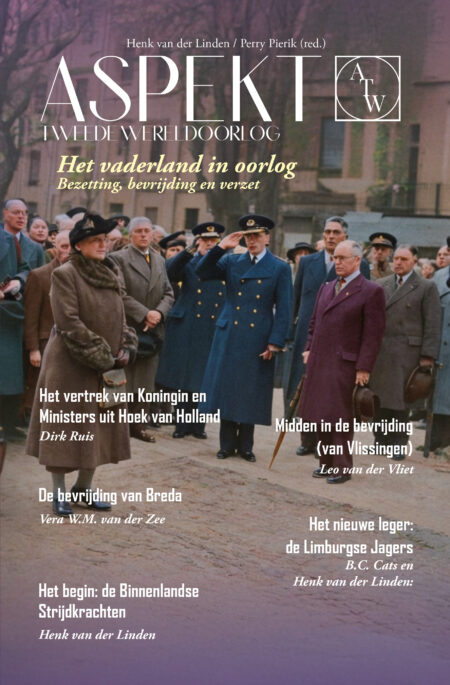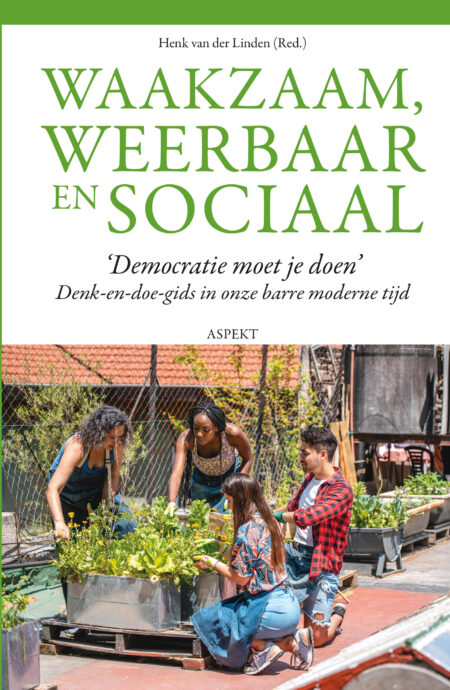-
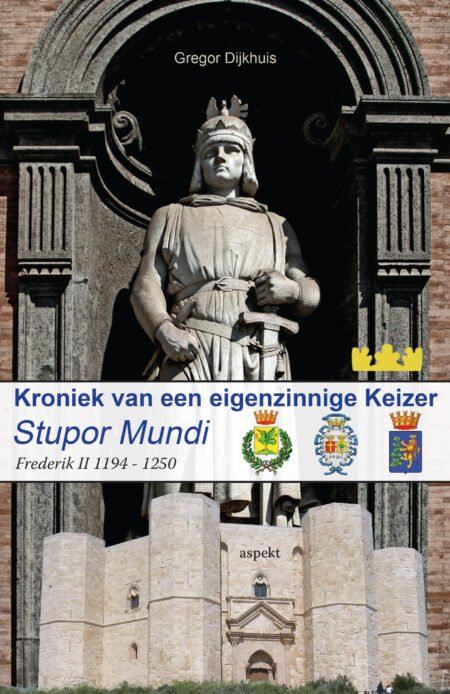
Stupor Mundi – Kroniek van een eigenzinnige Keizer
0€ 22,95Keizer Frederik II van Hohenstaufen (1194-1250) is een van de meest opmerkelijke persoonlijkheden van de Middeleeuwen.
Hij was koning van Sicilië en Duitsland en keizer van het Heilige Roomse Rijk. Daarnaast was hij ook: geleerde, hervormer, talenwonder, wiskundige, beschermer van de kunsten, kastelenbouwer en een permanente doorn in het oog van de Kerk. Hij stichtte de eerste staatsuniversiteit, was de belangrijkste wetgever van de Middeleeuwen, en geldt als de eerste moderne natuurwetenschapper.
-
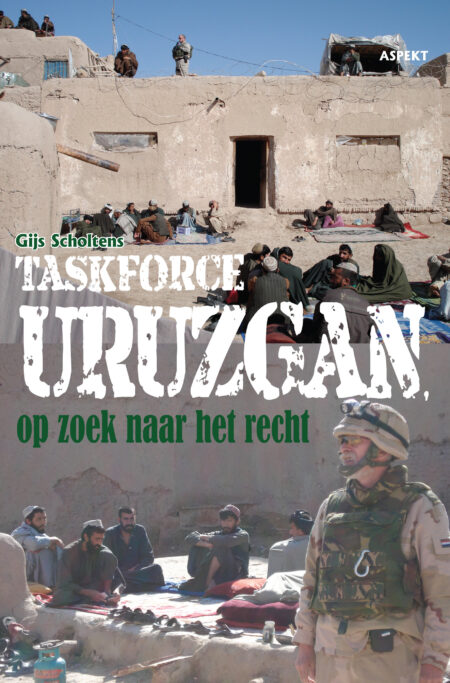
Taksforce Uruzgan
0€ 19,95In Taskforce Uruzgan neemt Afghanistan veteraan Gijs Scholtens de lezer mee naar de historische regio. De (counterinsurgency) missie van Taskforce Uruzgan, om veiligheid en stabiliteit in deze provincie te bewerkstelligen, kan niet alleen door militair optreden bereikt worden; het is ook noodzakelijk dat openbaar bestuur en rechtsorde worden hersteld.
-
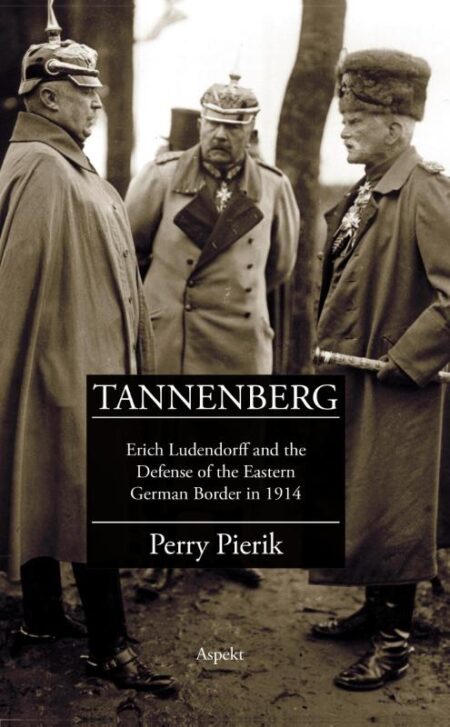
Tannenberg
0€ 19,95Tannenberg; looking back, this town and battle symbolise an atypical episode in the First World War: the war of movement. In reality the war quickly turned into a trench war, such as we knew it in the West. With the battle at Tannenberg and the ones that followed, which all had a quite positive outcome for Germany, Ludendorff had left his mark. is untimately brought the duo Von Hindenburg – Ludendorff to the absolute military top of Germany. As from 1917 they, together with the emperor, dictated the course of the war. Ludendorff left such a heavy mark
on everything that people also referred to it as ‘Ludendor ’s dictatorship’. Not only did he interfere in military matters, but also in politics, the war economy, propaganda, and he played a decisive role in major war decisions in other areas, such as diplomacy and the submarine war. In the end the war became identified with Ludendorff , who had to step aside when the
unavoidable defeat came in 1918. is was a bitter disappointment for Ludendorff . -
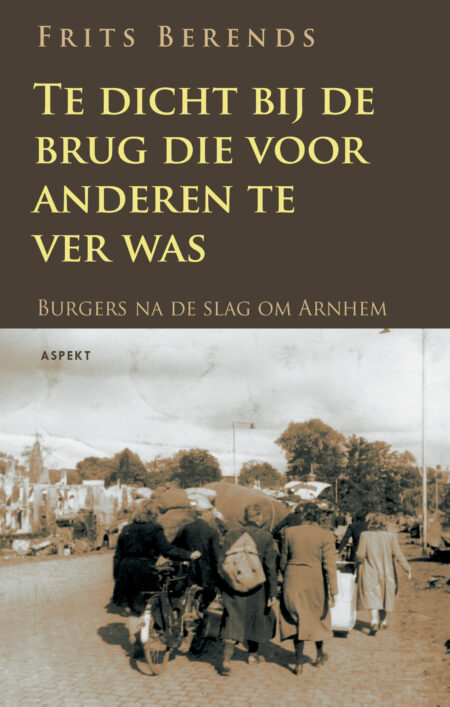
Te dicht bij de brug die anderen te ver was
0€ 21,95Toen in september 1944 de slag om Arnhem verloren was, dwong de overwinnaar de bewoners stad en omgeving te verlaten. Zij raakten over het bezette Nederland verspreid en wachtten in onzekere en veelal primitieve omstandigheden de bevrijding af. Daarna kwam de moeizame terugkeer naar een deels verwoeste en totaal leeggeroofde stad, waar een nieuw bestaan opgebouwd moest worden.
-
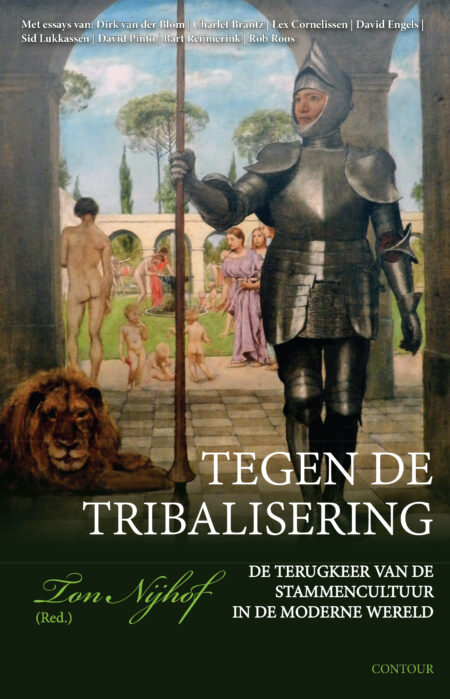
Tegen de Tribalisering
0€ 27,95Sinds de dood van George Floyd is de wereld in beroering. Blanke (witte) mensen die zich van geen kwaad bewust zijn wordt verweten dat zij racisten zijn. De westerse samenleving zou systemisch en institutioneel niet deugen. Achter deze kritiek zit een nieuw, gevaarlijk tribalisme, voortkomend uit het cultuurmarxisme. Het is een bedreiging voor de vrijheid van de westerse wereld.
-
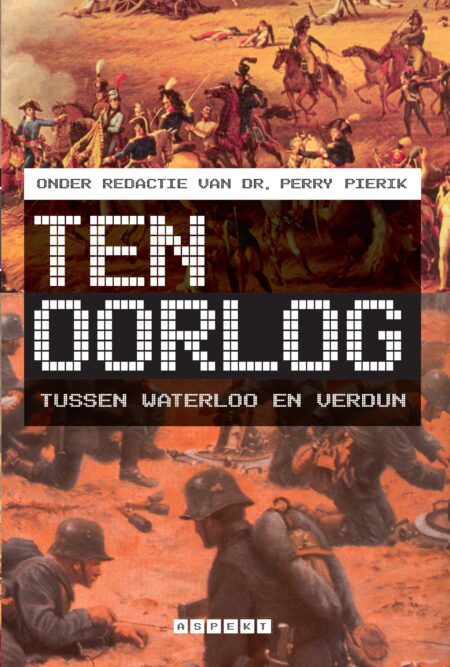
Ten oorlog
0€ 34,95In ‘Ten oorlog: Tussen Waterloo en Verdun’ staat de geschiedenis van oorlog centraal, vanaf het ontstaan van de eerste moderne natiestaten na de Franse Revolutie tot en met de loopgravenoorlog van 1918. Wie de bijdragen van de verschillende auteurs leest, begrijpt dat de oorlog in zijn steeds modernere vorm een prima opmaat was voor de destructieve tweede helft van de 20e eeuw.
-
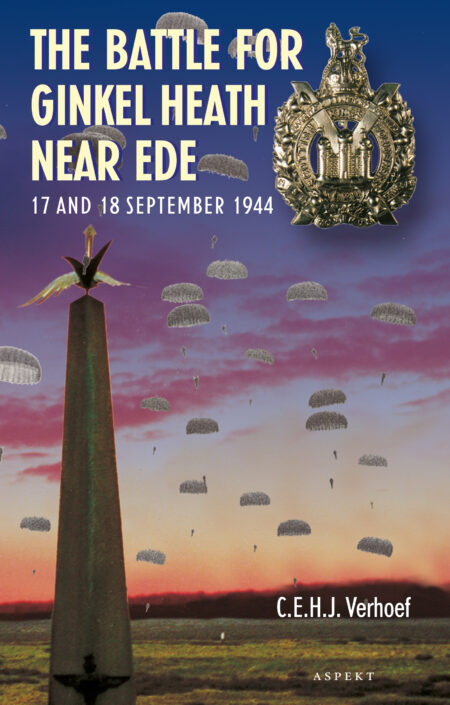
The Battle for Ginkel Heath near Ede
0€ 14,98The heroic and valiant actions by the British and Polish airborne troops at the Arnhem road bridge and in the Oosterbeck perimeter, which latter acted as bridgehead round the headquarters of the 1st British Airborne Division at Hotel Hartenstein, are well known. Less well known is what happened during the first days of Operation Market Garden at Ginkel Heath, east of Ede, where nearly two thousand British parachutists landed on 18 September 1944.
-
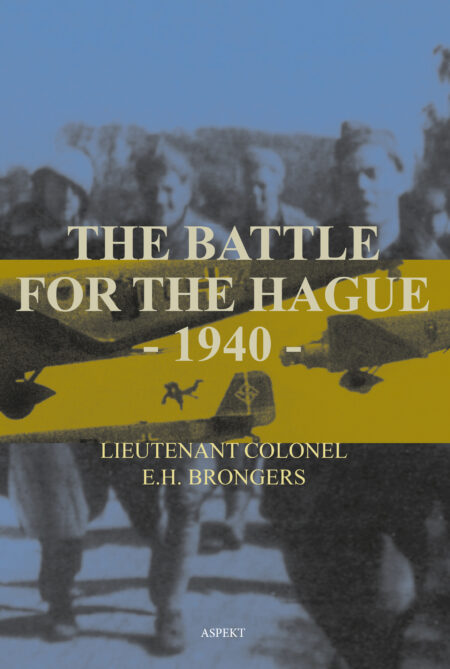
The battle for The Hague 1940
0€ 25,95The Battle for The Hague-1940 is the story of the first great airborne operation in history. The plan conceived by Adolf Hitler to capture The Hague by suprise, was carried out as part of the Blitzkrieg offensive in Western Europen in may 1940. It became a dismal failure. It also became the only defeat of importance the Germans suffered during their campaign.
-
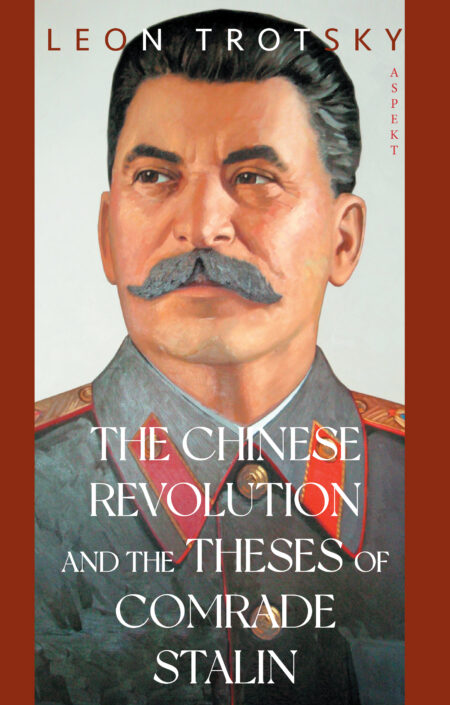
The Chinese Revolution and the Theses of Comrade Stalin
0€ 16,95The Chinese revolution of 1925-27 remains the greatest event of modern history after the 1917 revolution in Russia. Over the problems of the Chinese revolution the basic currents of Communism come to clash. The present official leader of the Comintern, Stalin, has revealed his true stature in the events of the Chinese revolution. The basic documents pertaining to the Chinese revolution are dispersed, scattered, forgotten. Some are carefully concealed.
-
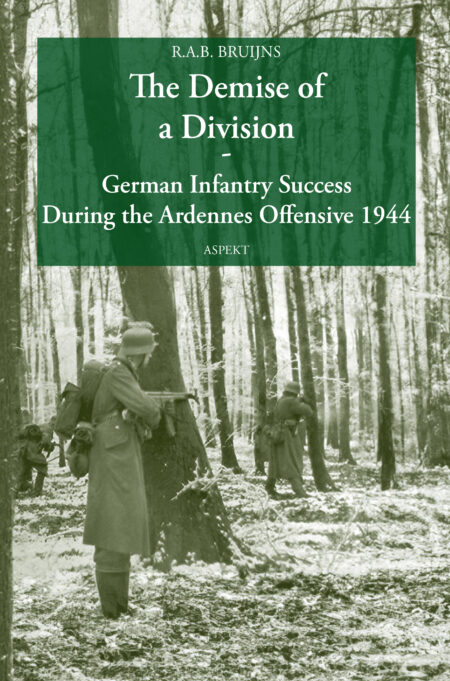
The Demise of a Division German Infantry Success During the Ardennes Offensive 1944
0€ 19,95The focus on the 1944 Ardennes offensive is always on the initial dash of Kampfgruppe Peiper and the battles around Bastogne. The tanks steal the show. Most German forces involved were however infantry divisions with little means of transport. They are often regarded as the weak link: the footsloggers who could not catch up with the tanks.
-

The Formidable “Arpad Line” of Hungary, 1944
0€ 19,95Historical guiding principles: Leopold von Ranke’s advice, chronicle the past “as it really happened,” is faithfully followed in this rare English language historical treatment of the formidable Árpád Line. The author is mindful of Baruch Spinoza’s plea, “ridicule not, bewail not, nor scorn human actions, but understand them.” Rationality pleads for heeding Albert Einstein’s observation: “Morality is of the highest importance… for our very existence depends on it.”
-
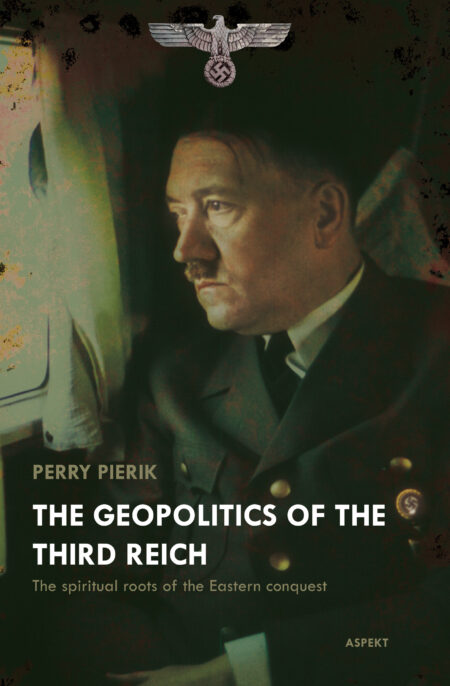
The Geopolitics of the Third Reich
0€ 29,95Besides the persecution and annihilation of the Jewish community, the quest for Lebensraum was a pillar of the Nazi’s ideology. The march east, operation ‘Barbarossa’ (1941), was essentially the final part of the geopolitics of the Third Reich. Historian Pierik takes readers into the world of ideas behind these politics, where cold blooded, rational elements go hand in hand with myths and radical beliefs.


